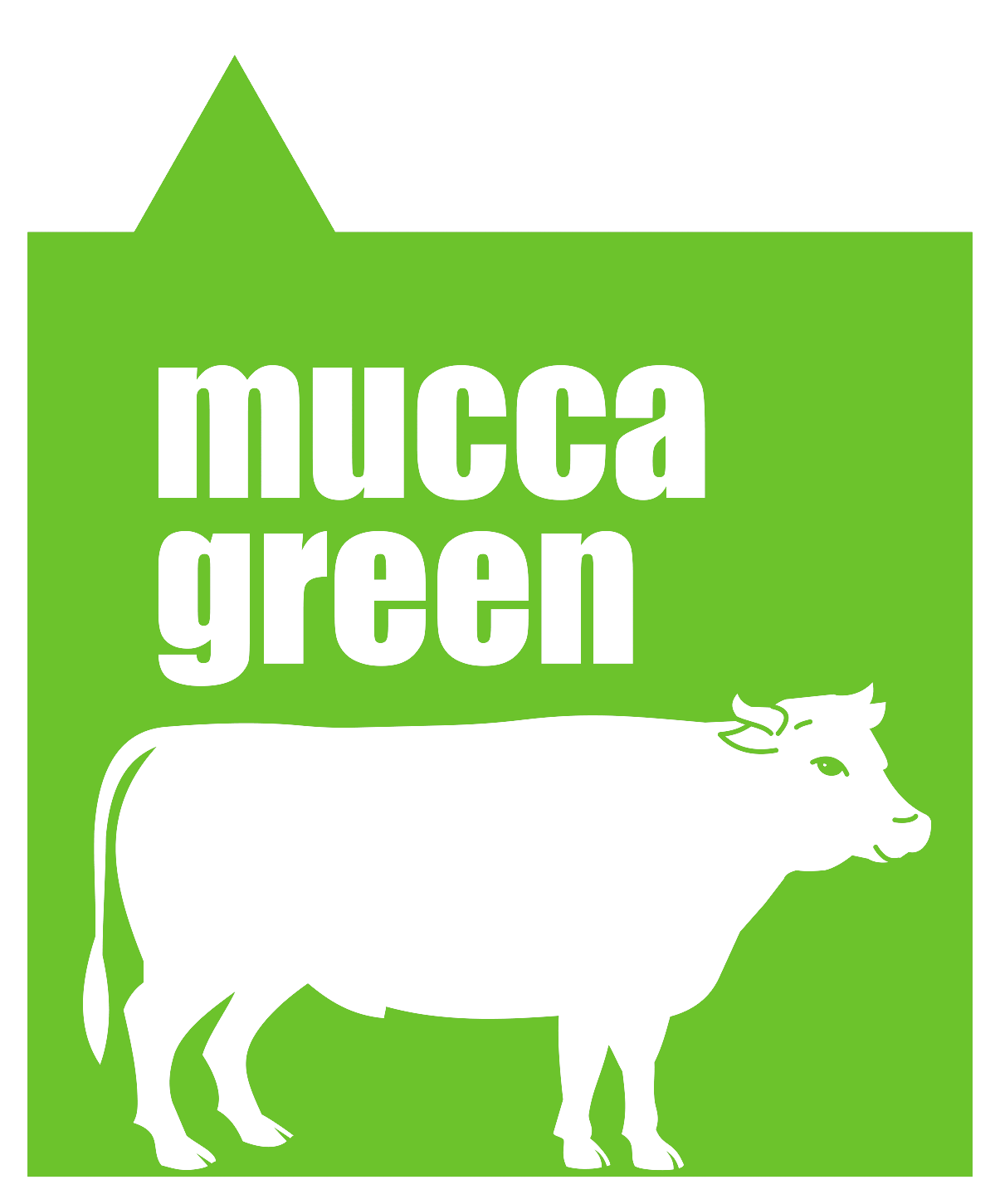Heart valves and pharmaceutical industry
The bovine pericardium is essential to the medical and pharmaceutical industries
The bovine pericardium, which is the membrane that contains the heart, is used in the construction of biological heart valves. This is usually for the peculiar characteristics of the fabric: rich in collagen, it is flexible, but ensures optimum strength. Thanks to a special fixation treatment, the bovine pericardium is stabilised and made suitable for the application in the biomedical field, providing a quality product that can open and close for an average of 40 million times in a year, supporting the number of beats of our heart.
On the market there are in fact two types of heart valves: mechanical valves and tissue valves. Mechanical valves do not deteriorate like biological tissues do and have a potentially infinite lifecycle. However, to ensure performance, patients must take anticoagulant drugs for all their lives and this therapy may be contraindicated and create problems for some types of patients exposed to the risk of bleeding. The biological heart valves have a limited life of ten or fifteen years but, being made of biological tissue, can be implanted into an organism without the necessity of an anticoagulant therapy.
The bovine pericardium is much used in the so-called reconstructive surgery, for example in dentistry for the reconstruction of gum or in the production of abdominal patches, used for surgical suture following an abdominal surgery.
Heparin as a natural “anticoagulant”
Heparin, active anticoagulant ingredient capable of slowing or stopping the process of blood coagulation, a drug administered by injection or with eye drops; finds additional applications in the research for the creation of anticoagulant surfaces and in special medical treatments, such as hemodialysis. Heparin for pharmaceutical use is obtained from bovine, in particular from: lungs (lobes and trachea), epiglottis (one of the major cartilages of the larynx, which separates the root of the tongue from the laryngeal cavity), the cartilage of the shoulder and mucus of the bowels.
Various bovine organs essential to medicine
- The bovine bile is used for the composition of several digestive regulators.
- Gallstones are used in various fields of Oriental medicine but also in the production of antipyretics (anti-fever), anti-inflammatories and even aphrodisiacs.
- In dentistry bovine bone are used for jawbone regeneration.
- Ferritin is obtained from bovine spleen, the main protein involved in storage of iron
- The retina is used in the production of drugs for the nervous system.
- Even the bovine pancreas is used in the pharmaceutical industry for the synthesis of enzymatic and hormonal substances such as amylase, lipase, trypsin, insulin and chymotrypsin.
- From bovine hides gelatine is obtained, which, as well as in food, is very useful in the pharmaceutical field for the production of pill casing.
- The blood of calves is used to produce drugs that accelerate the healing of muscle and epithelial tissue (the internal and external cladding of most body surfaces) and nerves.


